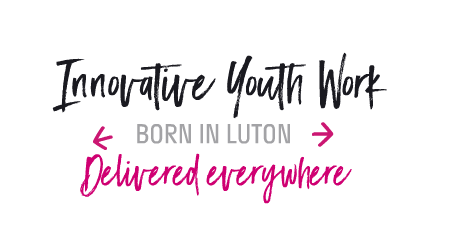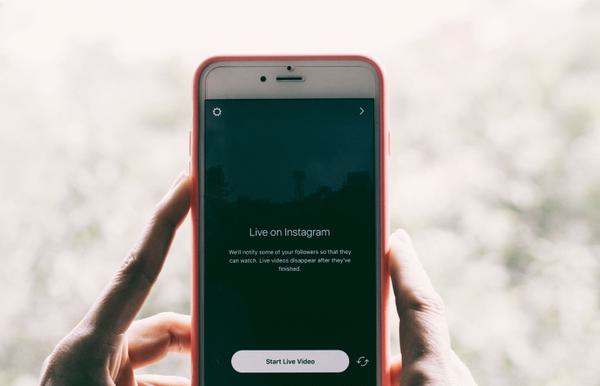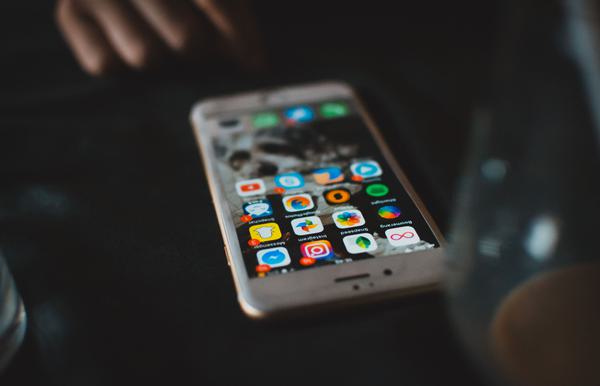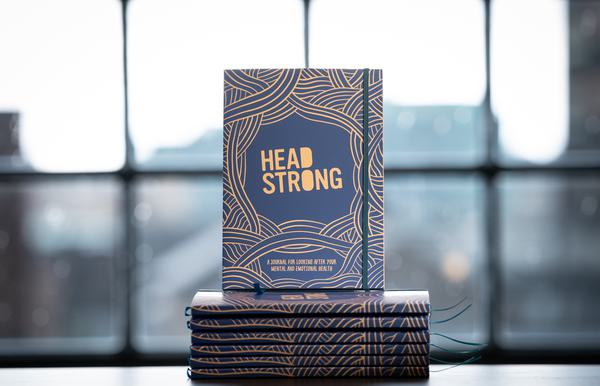A new report from the YMCA explores how and why young people craft and curate images of themselves online.
This report investigated young people’s body confidence and the content they post on social media. It was undertaken by the YMCA as part of Dove’s Be Real Campaign. 2,189 young people were surveyed, aged 11 -24 years old from across the UK.
Headlines
Unsurprisingly 75% said they cared about what people think about the way they look, but there are some key gender differences with nearly three quarters of females (74%) feeling pressured to look their best in the content they posted online, compared to less than half of males (47%). 63% said that they felt their photos were a true reflection of what they normally looked like in real life, and 50% reported that they edited their photo in ways that physically changed their appearance, suggesting that at least some young people see no contradiction between these statements.
Photo filter and lighting changes were the most common edits made by young people, but around 11% removed blemishes and 10% smoothed their skin. These may be the 11% who said the pictures they post on their social media platforms do not accurately reflect what they normally look like in real life. Around 1 in 20 reported more extreme edits like re-shaping their body or face.
Encouraging change
Young people were asked what would encourage them to post pictures and videos that more accurately reflect what they look like in real life. Although we know peer behaviour has a powerful influence on young people, only 18% highlighted ‘pressure from friends to post more realistic images’. In contrast, the most popular answer was ‘celebrities and influencers sharing more realistic images of themselves’, with ‘brands using less airbrushing’ coming in second (47%). 17-24 year olds were much more likely to recognise the importance of celebrities (63%) than 11-16 year olds (37%) perhaps because they are more aware of these external influences. When it comes to education young people appear to prefer a positive tone, with 42% highlighting ‘education on body positivity’, and fewer (34%) identifying ‘education on the impact of sharing unrealistic pictures’.
Using social media for good
As well as others taking action, 86% of young people said that people should use their own social media platforms to promote body confidence.
Unfollowing – 43% said they should unfollow accounts that promote negative messages about how people look (these numbers were higher for females and 17-24 year olds)
Content – 41% said they should challenge celebrities and influencers who promote unhealthy behaviours and products.
Comments – 36% said they should challenge negative comments and language from others that post, including those that criticise other’s appearances.
Join – 33% supported the idea of collective action, that they should be joining campaigns that help to promote body positivity.









